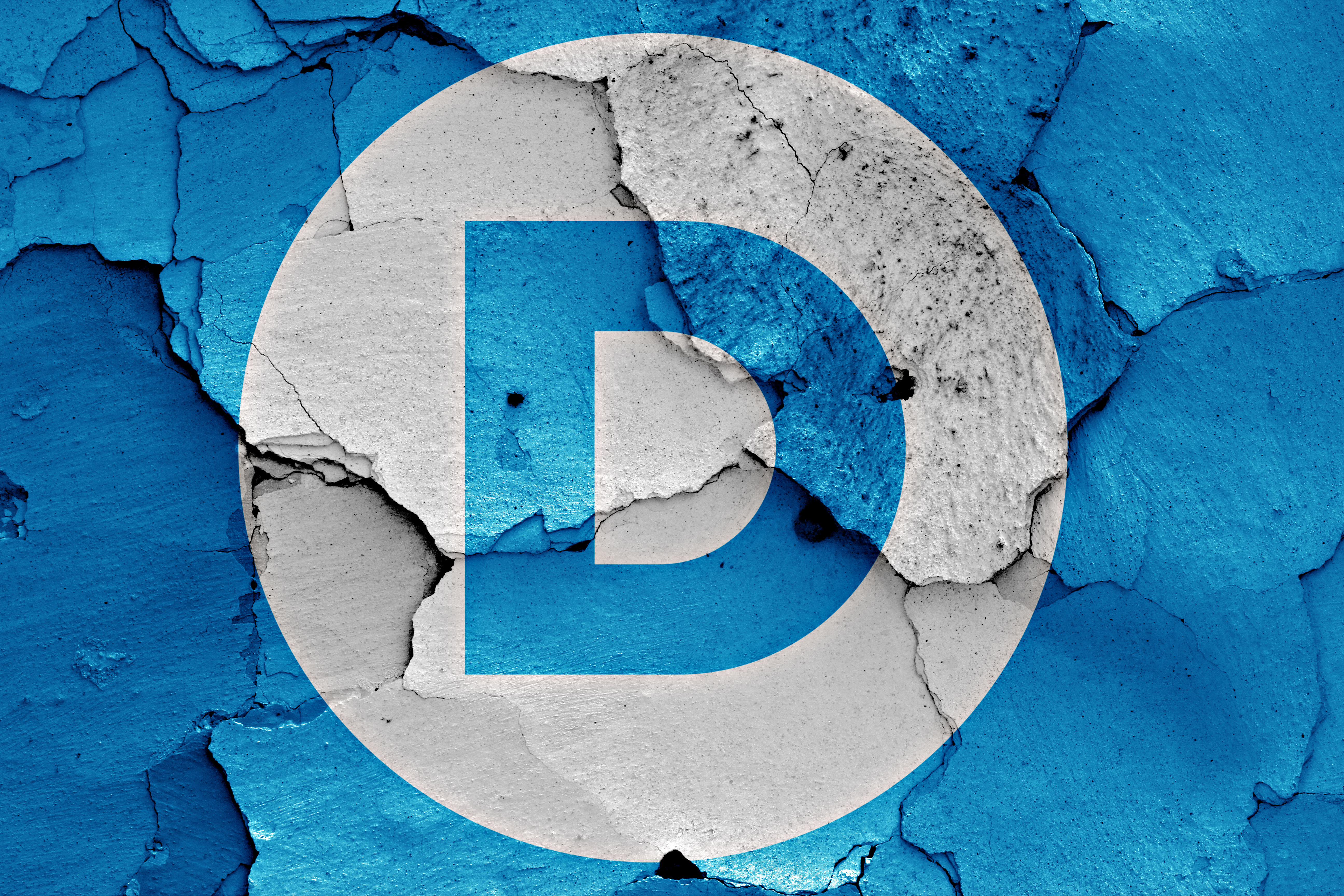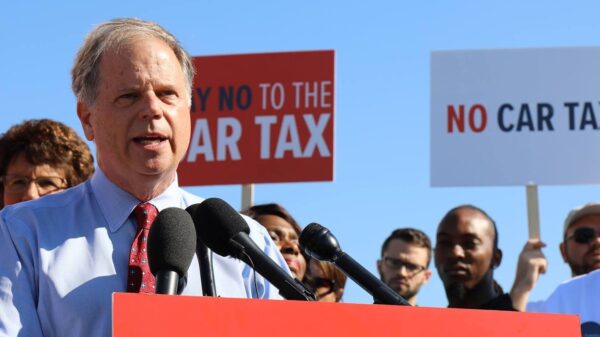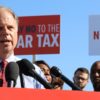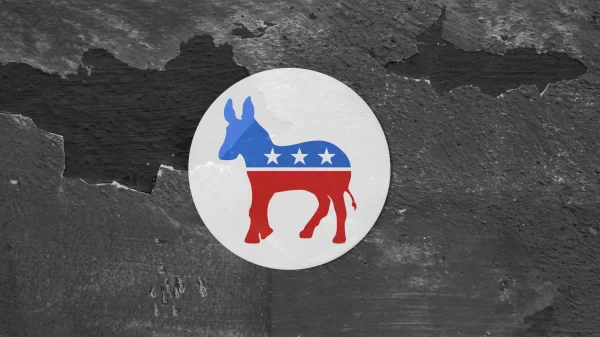|
Getting your Trinity Audio player ready...
|
In the Alabama Democratic Party’s first meeting since the controversial decision by leadership to rewrite the party bylaws and dissolve several caucuses, arguments erupted after leaders tried to stop members and media from recording the meeting, according to the Alabama Reflector. Ultimately, the majority of the meeting was held in executive session.
ADP chairman Randy Kelley later told reporters that he attempted to block recordings because those recording were not members of the State Democratic Executive Committee and were being disruptive.
The attendees, some of whom were in attendance to protest the recent bylaws changes, argued that the meetings were required by party bylaws to be open to the public.
When former caucus members, who were ousted by the recent bylaws changes, attempted to record the meeting, arguments ensued.
The Reflector reported that when party vice-chair Tabitha Isner attempted to intervene on behalf of those recording, Joe Reed, chairman of the party’s Black Caucus, told her to “be quiet, girl.”
After several minutes of arguing, ADP leaders announced that the meeting was moving into an executive session and cleared the room of all non-members. After nearly two hours, Kelley emerged and announced that the meeting had concluded during the executive session.
The scene is not likely to sit well with leaders from the Democratic National Committee. The DNC’s Rules and Bylaws Committee has previously announced an investigation into the recent bylaws changes, and some members of the Committee openly expressed outrage and surprise at both the changes and the manner in which they came about.
Those changes undone the bylaws changes of 2019, which had been pushed and supported by the DNC and national party leadership. Those changes removed outdated language in the ADP bylaws that limited minority caucuses and granted vast voting power to the Black Caucus. That power had been used for years by Reed to essentially control the party.
The 2019 rewrites didn’t dilute the participation of Black members, but it did weaken the power of the Black Caucus by granting power to other minority groups, such Youth, Hispanic, LGBTQ+, Native American and Asian Caucuses. Many of those groups also had Black members, but those members weren’t necessarily beholden to Reed and the Black Caucus, particularly on the matter of party leadership.
The 2019 changes ushered in a leadership change and a series of seemingly endless legal challenges from Reed and the Black Caucus. Those challenges all failed, but Reed was still able to regain control of the party last fall, when Kelley – one of Reed’s closest allies – was elected party chair. Killing that 2019 bylaws change was one of their first orders of business.
On May 6, during another chaotic meeting, new bylaws were allegedly approved, although numerous members argued that there was not a quorum present to hold the meeting, that leadership attempted to charge a poll tax for voting and that the vote was miscount. A formal challenge has been filed with the DNC.
The DNC responded by sending a letter two weeks later stating that the new bylaws “appear to treat different minority groups unequally,” and it threatened that Alabama could lose its delegates for the DNC convention.
Then, in mid-June, the DNC’s Rules and Bylaws Committee announced that it would open a formal investigation into the bylaws changes. That investigation is ongoing.


















































